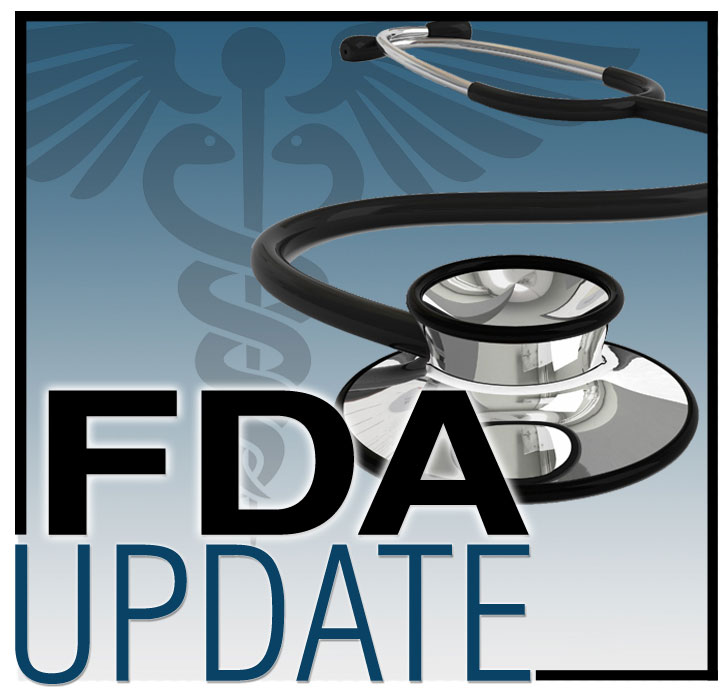On October 31, 2023, the U.S. Food and Drug Administration (FDA) approved pembrolizumab (Keytruda®) used with gemcitabine and cisplatin for the treatment of locally advanced unresectable or metastatic biliary tract cancer.

Efficacy was evaluated in KEYNOTE-966 (NCT04003636), a multicenter, randomized, double-blind, placebo-controlled trial that enrolled 1,069 patients with locally advanced unresectable or metastatic biliary tract cancer who had not received prior systemic therapy for advanced disease. Patients were randomized 1:1 to receive either (a) pembrolizumab on day 1 plus gemcitabine and cisplatin on day 1 and day 8 every three weeks or (b) placebo on day 1 plus gemcitabine and cisplatin on the same schedule. Cisplatin was administered for a maximum of eight cycles; gemcitabine was continued at the physician’s discretion. Pembrolizumab or placebo were continued until patients experienced disease progression or unacceptable toxicity, up to a maximum of two years.
The major efficacy measure was overall survival (OS). Pembrolizumab plus chemotherapy demonstrated a statistically significant improvement in OS compared to placebo plus chemotherapy with a hazard ratio of 0.83 (95% CI = 0.72, 0.95; one-sided p = 0.0034). The median OS was 12.7 months (95% CI = 11.5, 13.6) in the pembrolizumab arm and 10.9 months (95% CI = 9.9, 11.6) in the placebo arm.
Adverse reactions leading to the interruption of pembrolizumab occurred in 55% of patients. The most common adverse reactions or laboratory abnormalities occurring in at least 2% of patients and leading to interruption were decreased neutrophil count, decreased platelet count, anemia, decreased white blood cell count, pyrexia, fatigue, cholangitis, increased alanine transaminase (ALT), increased aspartate aminotransferase (AST), and biliary obstruction.
The recommended pembrolizumab dose is 200 mg every three weeks or 400 mg every six weeks until patients experience disease progression or unacceptable toxicity. Pembrolizumab should be administered prior to chemotherapy when given on the same day.
View the full prescribing information for pembrolizumab.
The review was conducted under Project Orbis, an initiative of the FDA Oncology Center of Excellence. Project Orbis provides a framework for concurrent submission and review of oncology drugs among international partners. The application reviews are ongoing at the other regulatory agencies.
The review used the Assessment Aid, a voluntary submission from the applicant to facilitate FDA’s assessment. FDA approved the application four months ahead of its goal date.
Healthcare professionals should report all serious adverse events suspected to be associated with the use of any medicine and device to FDA’s MedWatch Reporting System or by calling 800-FDA-1088.
For assistance with single-patient Investigational New Drug applications for oncology products, healthcare professionals may contact Oncology Center for Excellence’s Project Facilitate at 240-402-0004 or email OncProjectFacilitate@fda.hhs.gov.





